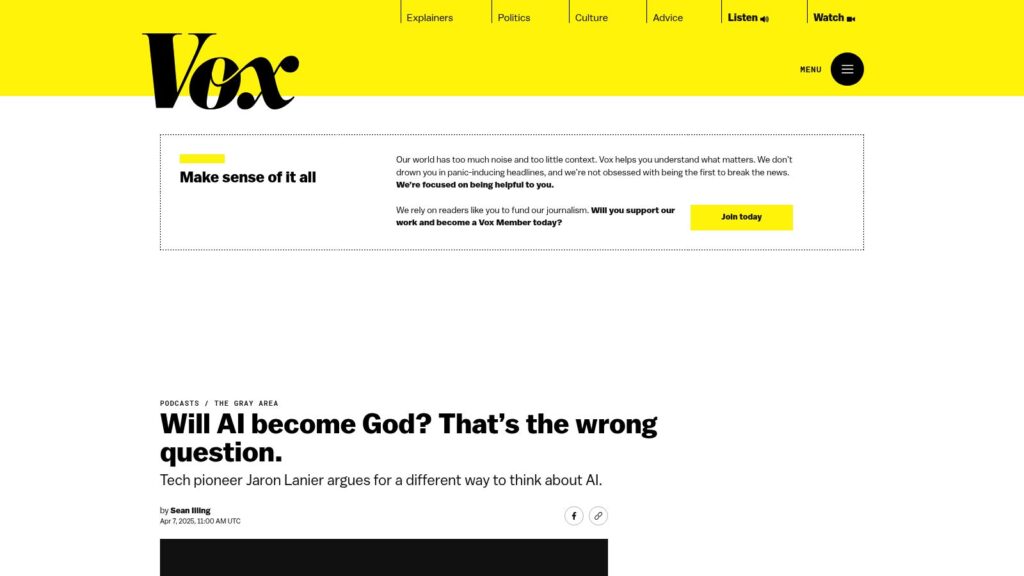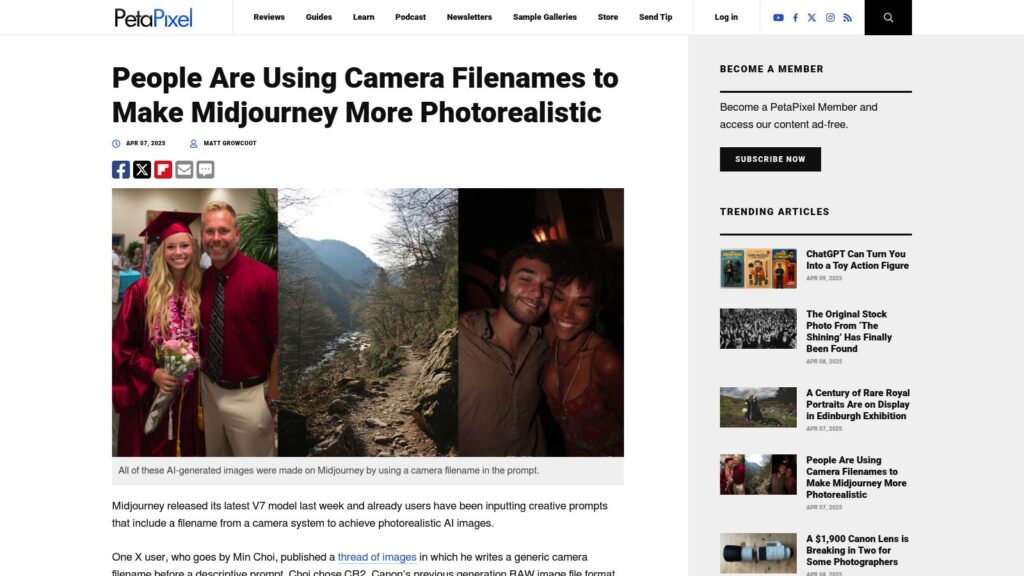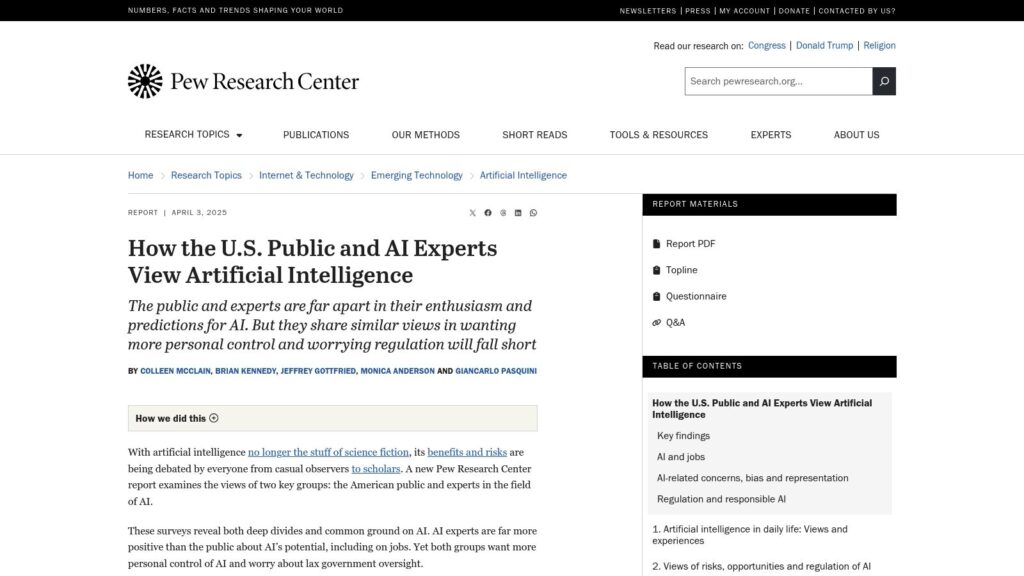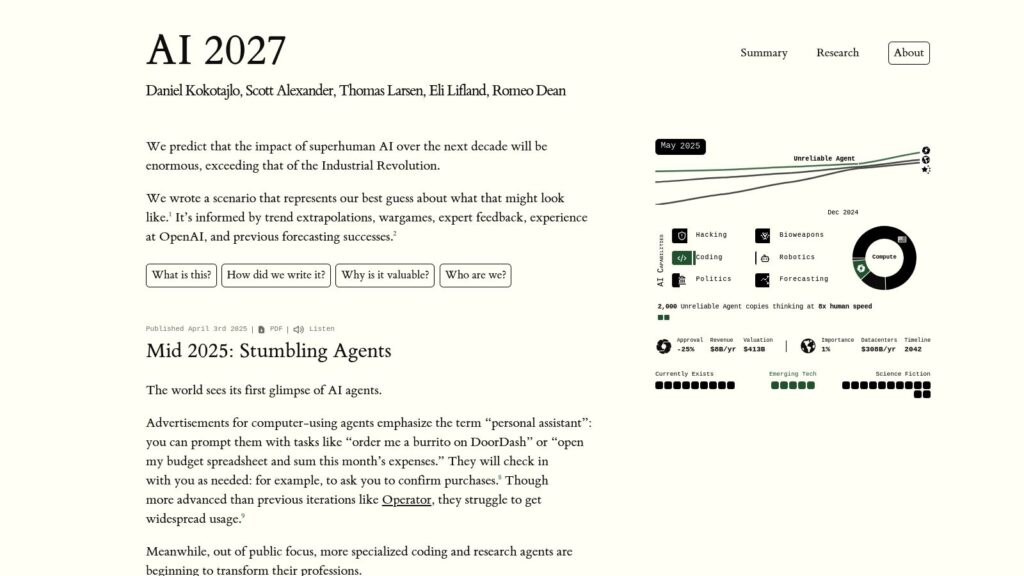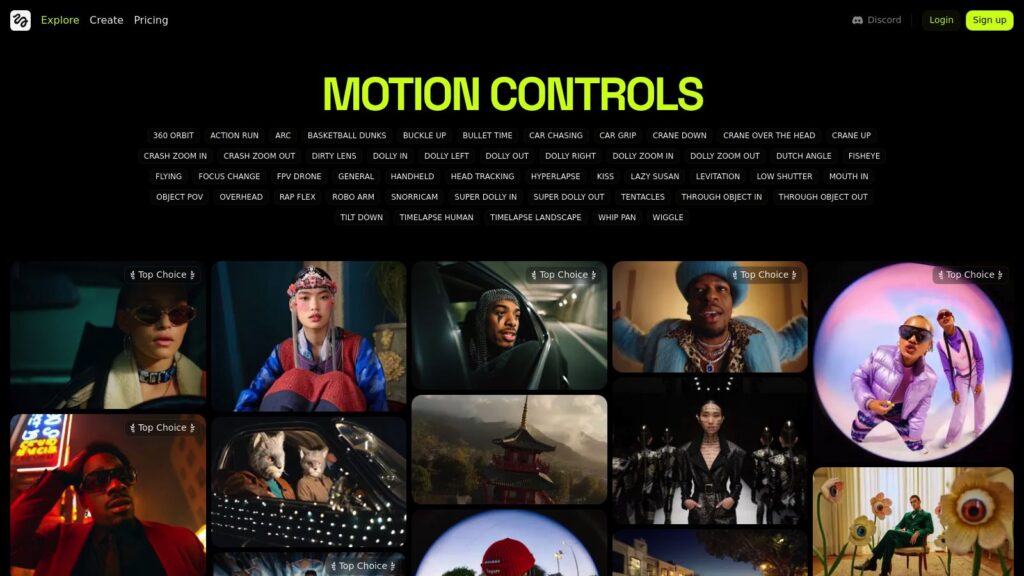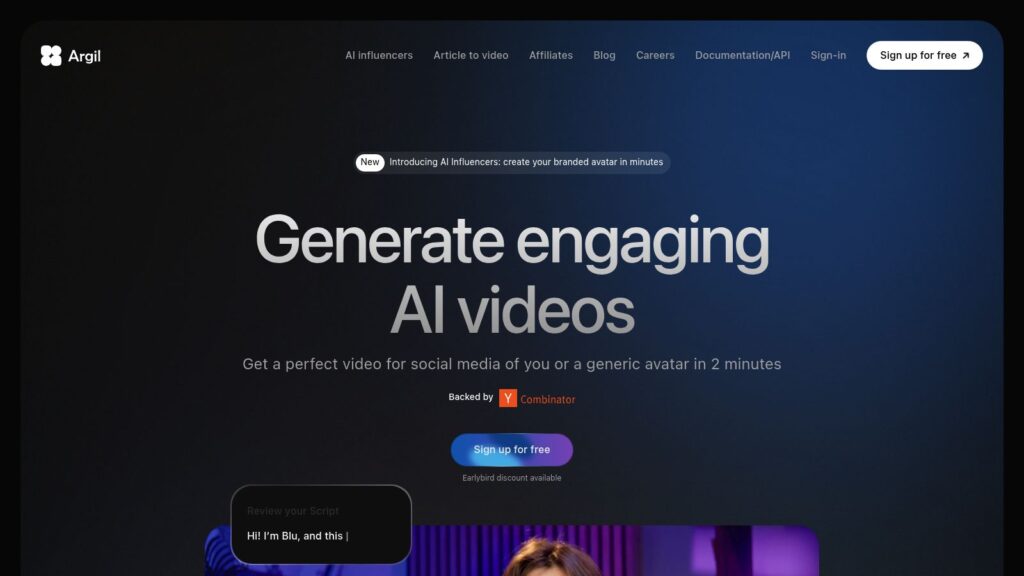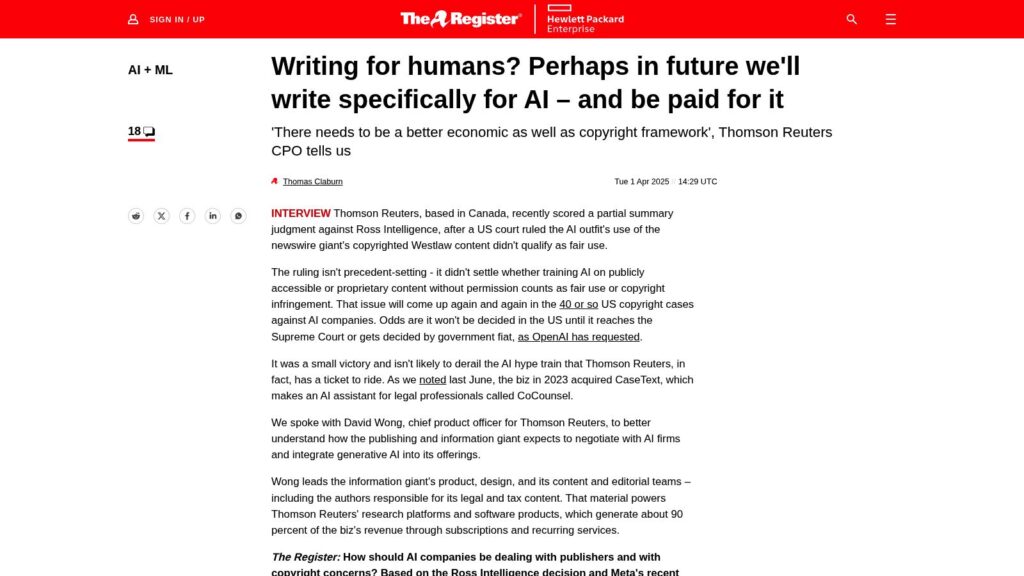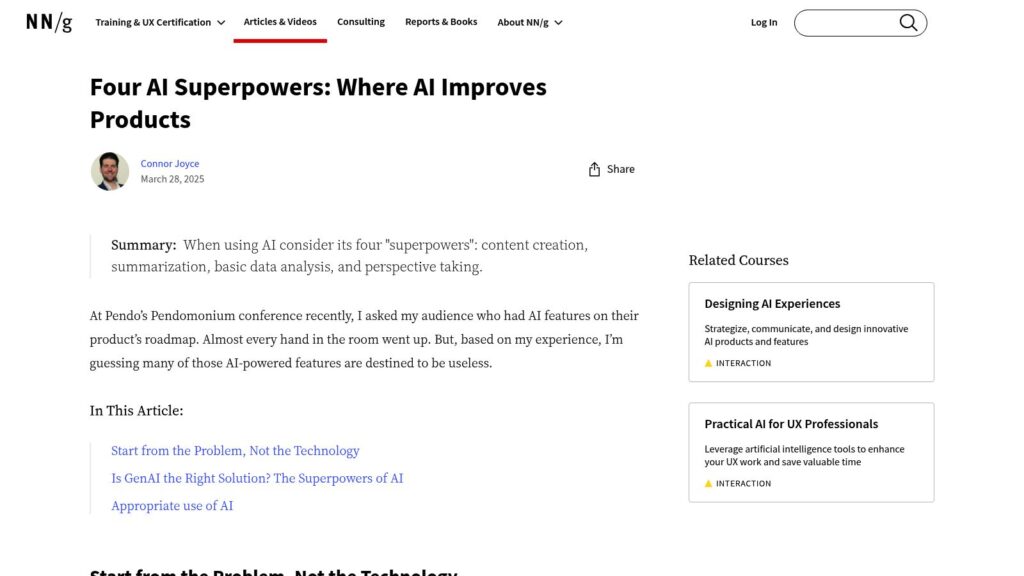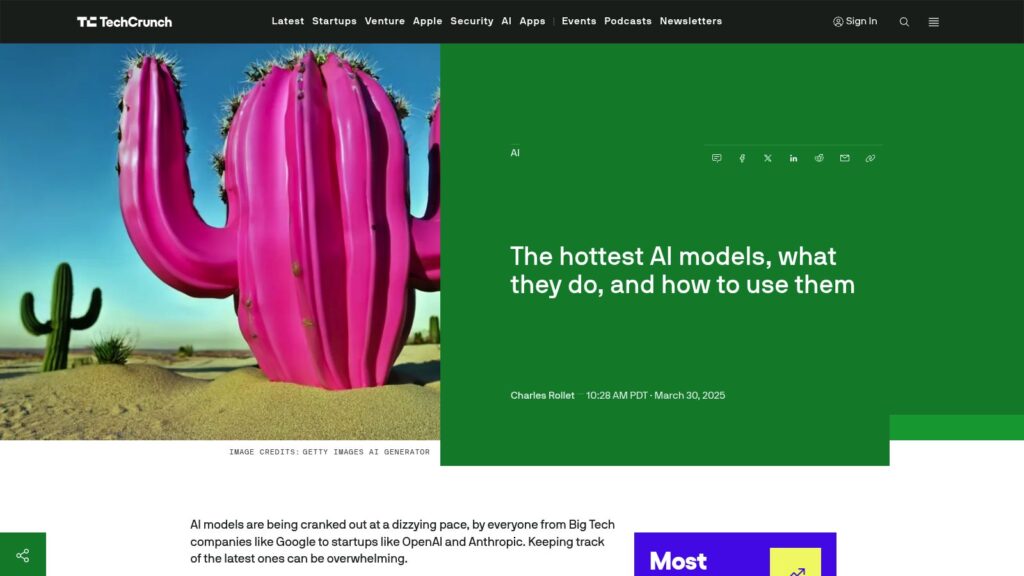Will AI Become God? That’s the Wrong Question.
The question of whether AI could become god-like is misguided. Jaron Lanier argues AI should be seen as a collaborative tool rather than an independent entity. Misunderstanding AI's role can hinder technology's potential and lead to misguided beliefs about its capabilities, impacting our approach to innovation and ethics. Concerns about AI exacerbating societal issues and reducing human interaction reveal the need for new business models that prioritize user benefits over manipulation. Addressing these challenges is crucial for a healthier technological and societal future.
https://www.vox.com/the-gray-area/407154/jaron-lanier-ai-religion-progress-criticism
